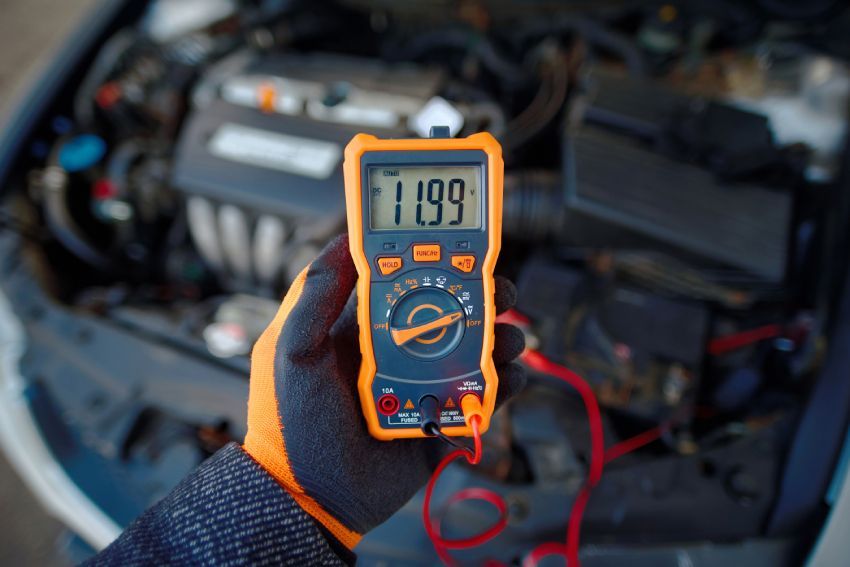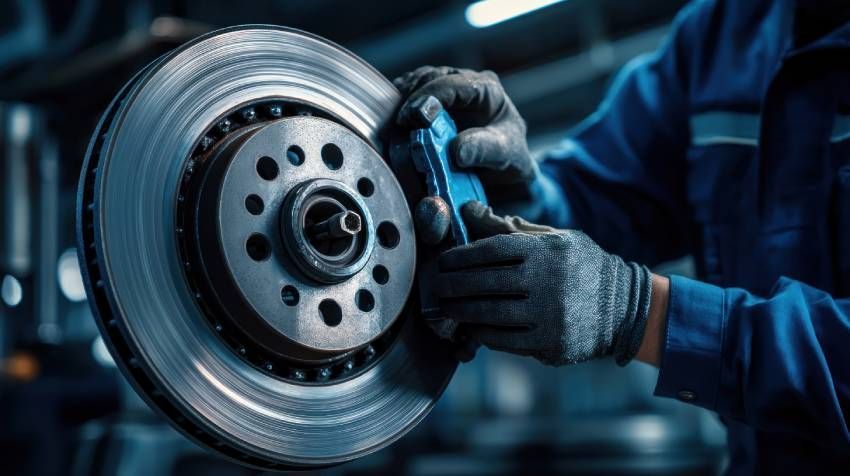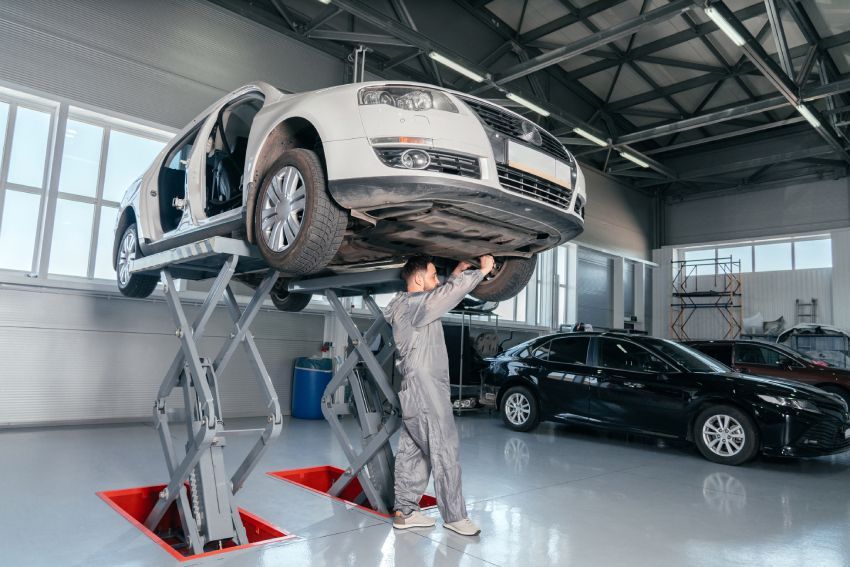Diesel vs. Gasoline Engine: What Vehicle Owners Need to Know
When shopping for a vehicle or deciding how to maintain your current one, understanding the differences between a diesel vs gasoline engine can help you make smarter, longer-lasting decisions. At Scotts Valley Transmission & Auto Care, we specialize in diesel and gas-powered vehicle repairs, and we’ve seen first hand how each type of engine performs on the roads of Santa Cruz, Scotts Valley, and beyond. Whether you’re towing heavy loads or want fuel efficiency for your daily commute, knowing the pros and cons of each can help you choose what’s best for your needs.
How Diesel and Gasoline Engines Work
Both diesel and gasoline engines are internal combustion engines, but they operate in slightly different ways. In a gasoline engine, fuel is mixed with air, compressed, and ignited by a spark plug. This creates a controlled explosion that powers the engine. In contrast, a diesel engine compresses the air first and then injects fuel into the hot, pressurized air—causing it to ignite spontaneously.
This difference in how the fuel is ignited leads to several key differences in power, efficiency, and maintenance needs. Diesel engines are known for their durability and high torque output, making them ideal for trucks, commercial vehicles, and heavy-duty applications. Meanwhile, gasoline engines are often quieter and lighter, better suited for everyday driving, and lower emission standards.
Understanding how each engine type works is essential to managing repairs, fuel expectations, and performance. Our Scotts Valley repair shop services both engine types with expert diagnostics and factory-trained technicians.
The Difference Between Diesel and Gasoline Engines
So, what’s the real difference between diesel and gasoline engines? Aside from the combustion process, there are several notable distinctions:
- Efficiency: Diesel engines generally get better mileage than gasoline engines, particularly on the highway.
- Torque: Diesel produce more low-end torque, making them ideal for towing and hauling.
- Maintenance: While diesel engines may last longer, their maintenance and repair costs can be higher. They also require specialty knowledge, like the kind we offer at Scotts Valley Transmission & Auto Care.
- Emissions and Noise: Gasoline engines usually emit fewer pollutants and operate more quietly than diesel engines.
- Fuel Type: The diesel fuel vs. gas debate also extends to fuel availability, cost, and cold-weather performance. Diesel fuel tends to have higher energy density but may cost more per gallon and can gel in cold temperatures without proper additives.
If you’re unsure which engine type best suits your driving habits or lifestyle, our team is happy to discuss it and offer insights based on your vehicle use.
Is a Diesel Engine Better Than a Gas Engine?
There’s no one-size-fits-all answer to the diesel vs gas question. The right engine for you depends on how—and where—you drive.
A diesel engine is better suited for drivers who:
- Drive long distances regularly
- Need more torque for towing
- Operate in rural or mountainous areas like the Santa Cruz mountains
- Want a longer engine lifespan
On the other hand, a gasoline engine might be better if:
- You do a lot of city driving or short trips
- You’re sensitive to fuel costs or emissions
- You prefer quieter, smoother acceleration
At Scotts Valley Transmission & Auto Care, we work on both engine types and can help you decide what works best based on your driving habits. We’re not here to sell you one way or another—we’re here to ensure you understand your options and your vehicle stays in top condition.
Calculating Cost Savings for Diesel vs Gas
When it comes to long-term savings, comparing diesel vs gasoline engine costs can be eye-opening. Diesel engines tend to be more fuel-efficient and longer-lasting, but they also come with higher upfront costs and more expensive maintenance.
Here’s what to consider when calculating your potential cost savings:
- Fuel Economy: Diesel engines typically have a 20–35% better fuel economy than gas engines.
- Fuel Price: Diesel often costs more per gallon, but the improved fuel efficiency can offset that difference.
- Maintenance: Diesel requires fewer oil changes, but components like fuel injectors, glow plugs, and turbochargers can be costly to replace.
- Vehicle Longevity: With proper care, diesel engines can outlast gas engines by hundreds of thousands of miles, offering huge long-term value, especially for fleet or commercial drivers.
When you factor in all these elements, it’s clear that each engine type has its financial advantages. At Scotts Valley Transmission &
Auto Care in Santa Cruz, our ASE-certified technicians can help you analyze your total cost of ownership and recommend the best service plan for your vehicle, whether it runs on diesel or gas.
Whether towing up the Santa Cruz mountains or running errands around town, your engine dramatically affects your vehicle’s reliability and cost. If you have questions or need maintenance for your diesel or gas-powered vehicle,
contact Scott’s Valley Transmission and Auto Care for more information about our
diesel repair services and other auto services today.





